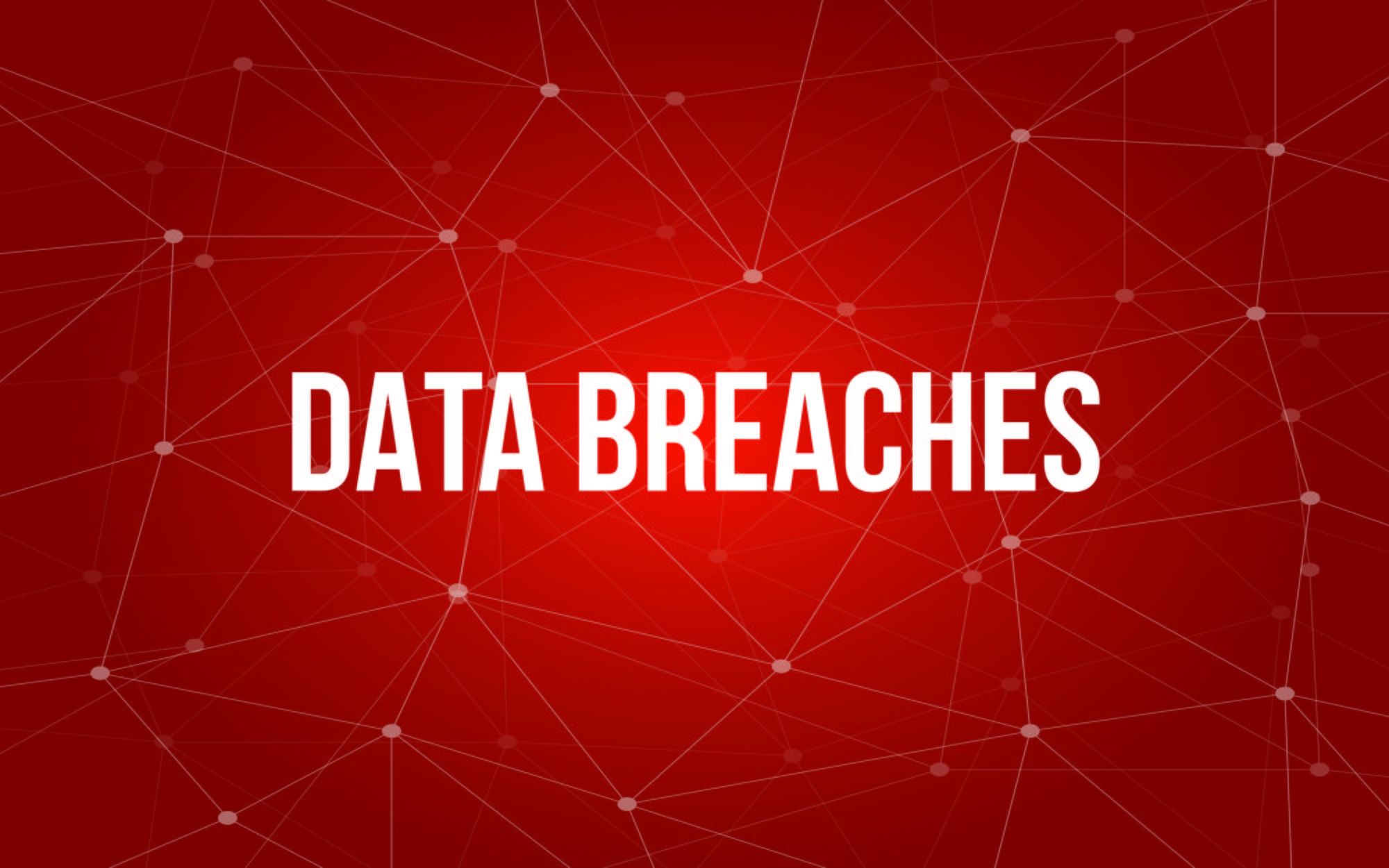In 2022, the average cost of a data breach was $4.4 million. Not only will a data breach hurt your business financially, but it can also damage your reputation and relationships with customers.
If you process and/or retain any sensitive customer data in your business, you need to take serious steps to protect it. Putting the proper security measures in place now can save you from major headaches later on.
Here are the steps that you can take to prevent a customer data breach.
Train Your Employees
The first step to protecting customer data and avoiding cyber threats is to ensure your employees are educated on security awareness.
You need to be sure that your employees are aware of threats that could cause problems in your organization. Then, ensure that they practice safety and security best practices when using email, working over public Wi-Fi, and managing sensitive data.
Create Strong Passwords
As part of setting security standards for your employees, it’s essential that they use strong passwords. According to the SEC, “it has been estimated that half of the small businesses that suffer a cyberattack go out of business within six months as a result.”
Your employees should set lengthy passwords and use various characters so that outside parties can’t guess them. It’s also a good idea to enforce two-factor or multi-factor authentication for business accounts and to require that passwords be updated on a regular basis.
Secure password managers like 1Password make this easy. They allow you to store rolling multi-factor authentication, monitor your organization’s security score, and generate strong passwords for your users.
Set Security Guidelines
In order for employees to improve security in your business, you need to make sure they have guidelines to follow.
Make sure that you create a document that sets security standards and best practices for your organization. It’s also vital that you set standards for third-party vendors and partners as well.
In addition, make sure you have a plan for what to do if data loss or a cyber attack occurs. Developing a data breach response plan can help your business know exactly what steps to take after an incident.
Audit Your Data
If you want to protect your customer’s data effectively, then you need to understand precisely where it is stored and how someone could access it. Be sure to spend time determining where your sensitive information is located. Consider all access points to this data so that you can keep it protected.
Take a data inventory and then review it again regularly. Ensure that you understand where your data is so that you can take measures to protect it from intruders.
Update Business Software
A key step to protecting your business technology and preventing data breaches is regularly updating all software on your devices.
Be sure that all security software that you use is always kept up to date. Also, ensure that all systems and other software you use are kept current.
Software updates help to fix security vulnerabilities that could leave your business at risk. Skipping any of them or waiting too long to make updates isn’t recommended.
Backup Important Data
If a data breach occurs, you’ll have to deal with the consequences of your customers’ data being in the wrong hands. However, you can prevent losing customer data completely by making regular data backups.
If your systems get compromised or if data loss occurs, you can restore data from the backup so that your business can still access it.
Keep Your Network Protected
If you want to protect customer data, you need to prevent access to your network. You should use network security features such as firewalls, intrusion detection systems (IDS), and access control to prevent data access by anybody outside of your organization.
Using endpoint security controls and malware detection software can also be helpful and can allow you to prevent threats and improve small business security.
Don’t Forget Physical Security
Although it’s important to secure your network and prevent data breaches from remote hackers, it’s also essential to keep your data physically secure.
Make sure that on-premises hardware and data centers aren’t accessible by people who shouldn’t have access. Also, ensure that your employees are responsible and safe with any of their devices with sensitive data on them.
Similarly, ensure that you control and monitor access to data stored on the cloud.
Make sure to secure physical records and files so that only employees can access them,too.
Keep Devices Secure
If you have employees who work for your business remotely, you need to make sure that they’re safely using all company devices.
Make sure that employees are careful if they use public Wi-Fi and ensure that they encrypt their connections with a tool such as a VPN. Also, ensure they don’t let anybody else access them.
Your employees shouldn’t leave devices unattended in a public setting and should take measures to avoid letting them get stolen. This way, nobody will gain access to them who shouldn’t.
You can also consider mobile device management as a tool to secure your devices even if stolen.
Get Expert Help
If you want to protect your customer data, you need to be sure you have access to knowledgeable IT professionals. They should know how to handle network security effectively.
It can be challenging to hire the right people for your team and pay each individual full-time salaries. In some cases, it might be a good idea to hire a managed IT provider who can provide security services to your business instead.
Hiring managed IT solutions will allow you access to the best experts and ensure your business data is secure.
Taking Steps to Protect Customer Data
If you want to protect sensitive customer data in your business, you should take security seriously. Be sure to invest in your digital security to protect your business from threats.
Do you need managed IT and security support services in Los Angeles? Contact us today to learn more about how we can help.

